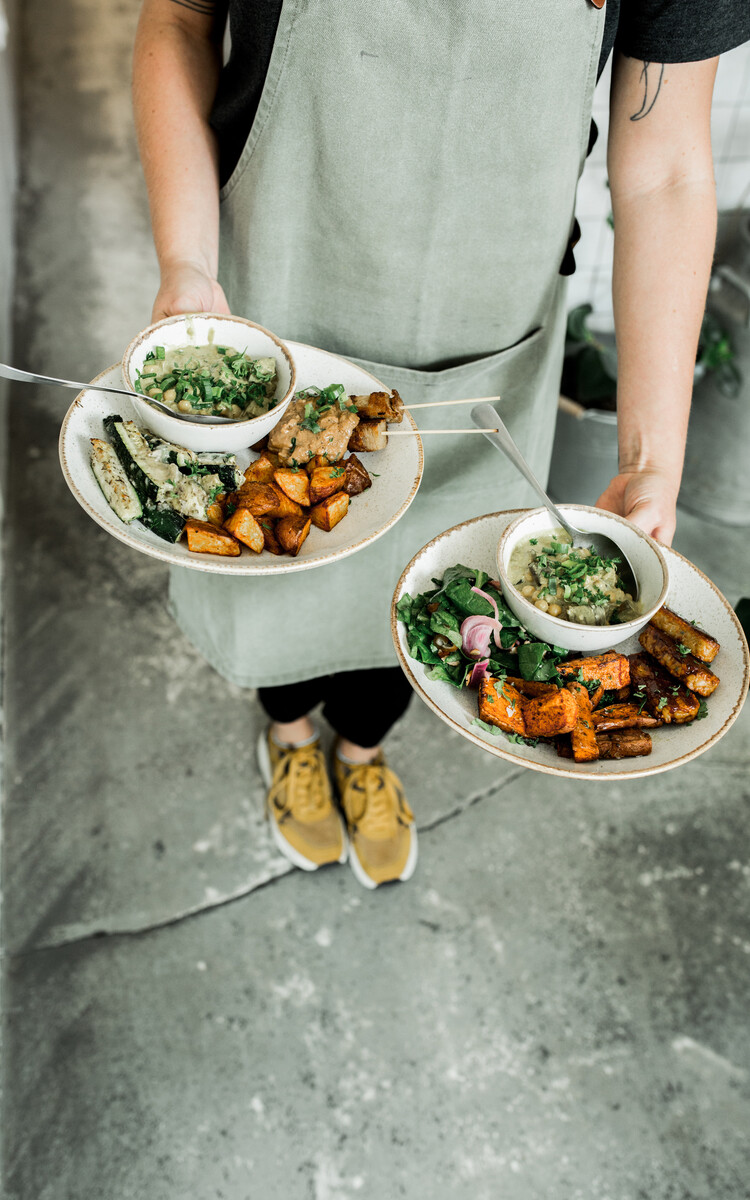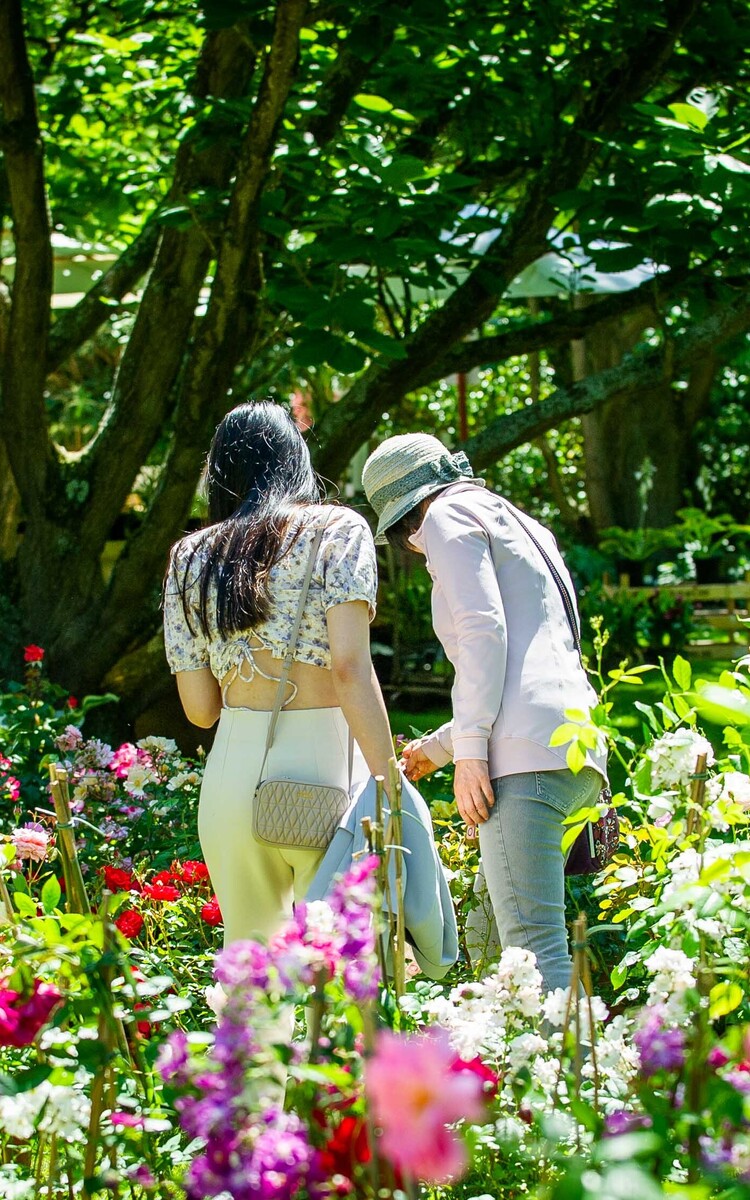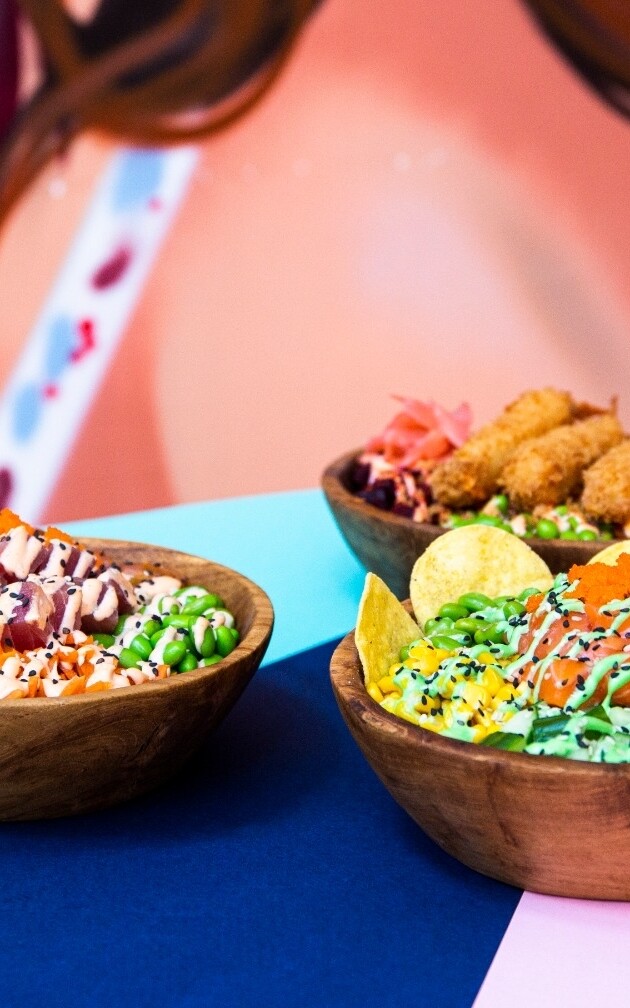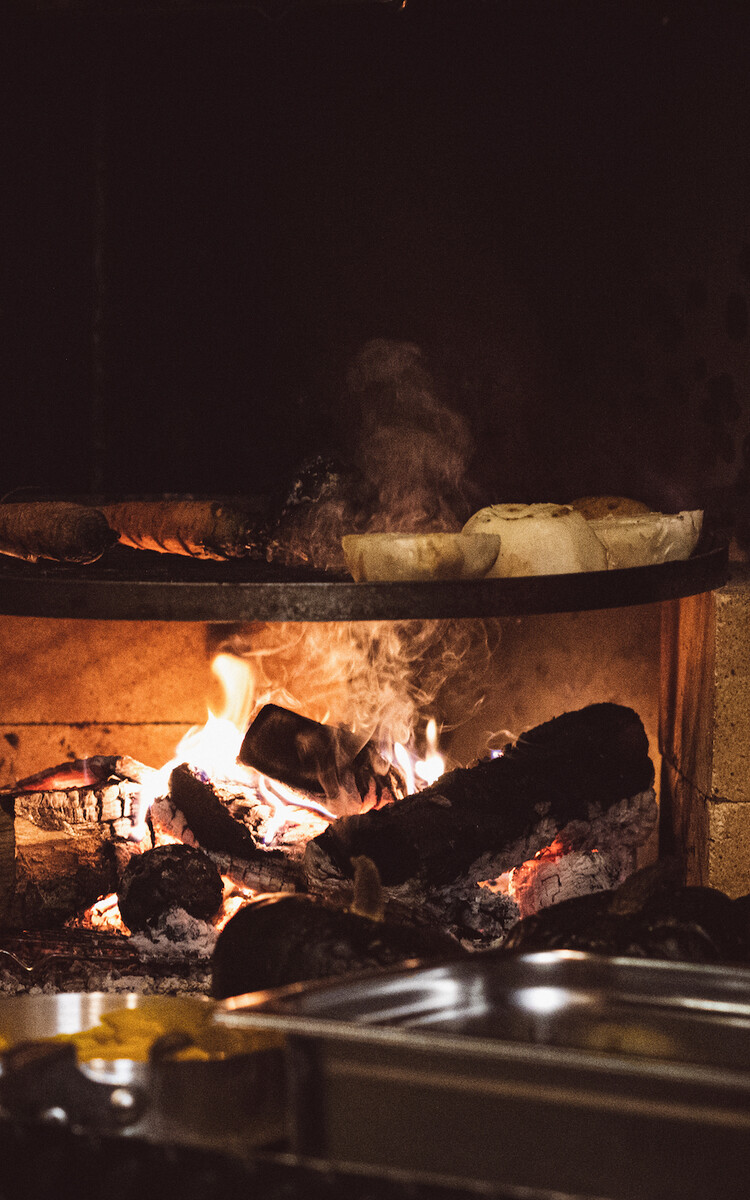




In the middle of the Westersingel is the Sculpture Terrace with seven sculptures around the theme of "Human". A perfect outing if you love architecture and art and like to stroll through the city.
Always wondered what the sculptures mean? Take this article with you and let yourself be inspired to think about our relationship to each other, to ourselves and to our environment.
The first sculpture is a 6.5-metre-high cut plait made of hundreds of steel cables. Called "The Plait" in English, this sculpture is part of her "Tools of Endearment" series, which also includes the three sculptures "Corset", "Bra" and "Bag of Aspirations". Here you see the symbol of rebellion against the partriarchy and old conventions.
This abstract figure also relates to the human being: it shows human expression in the most minimal forms of gesture. The human being is represented by 5 beams and can be interpreted differently in his expression from different angles.


Originally cast in plaster, the "great musician" was rebuilt as a bronze sculpture in 1963. It represents a fusion of a woman and a harp and stands near De Doelen, on whose terrace it once stood.
This sculpture consists of objects or waste cast in bronze and depicts a mother holding her baby in her arms. While the child is a broken doll, the mother, in stark contrast, is made of angular pieces of industrial waste. A good opportunity to reflect on the mother-child relationship - the first relationship each of us had.


With a length of 310 cm, this is the only reclining figure on the sculpture terrace. It consists of large, heavy white limestone blocks from which Wotruba has carved a human-like figure. The deliberately rough surface lends the sculpture expression and is complemented by the rough, geometric elements.
This sculpture was a gift from the Rotterdam City Council to Dutch Railways for Central Station, where it previously stood until 2000. It combines cubism and futurism. Fun fact: originally called "The Lovers", the sculpture was renamed to avoid offending a rather prudish public.


There are 12 copies of this centrepiece of Rodin's work, one of which you can admire for free on the sculpture terrace. It has a long history of creation, dating back to 1877. In short, the torso and legs were assembled from different models at different times to create the final piece, "The Walking Man".

It's nice to experience so much art and culture just by being in the city. Besides the statues I've introduced you to here, there are over 200 other public works of art in the centre of Rotterdam - that's just the beginning. So keep an eye out for more on your walk and don't forget to look up at the facades. It's not uncommon to find statues and artworks at dizzying heights.








